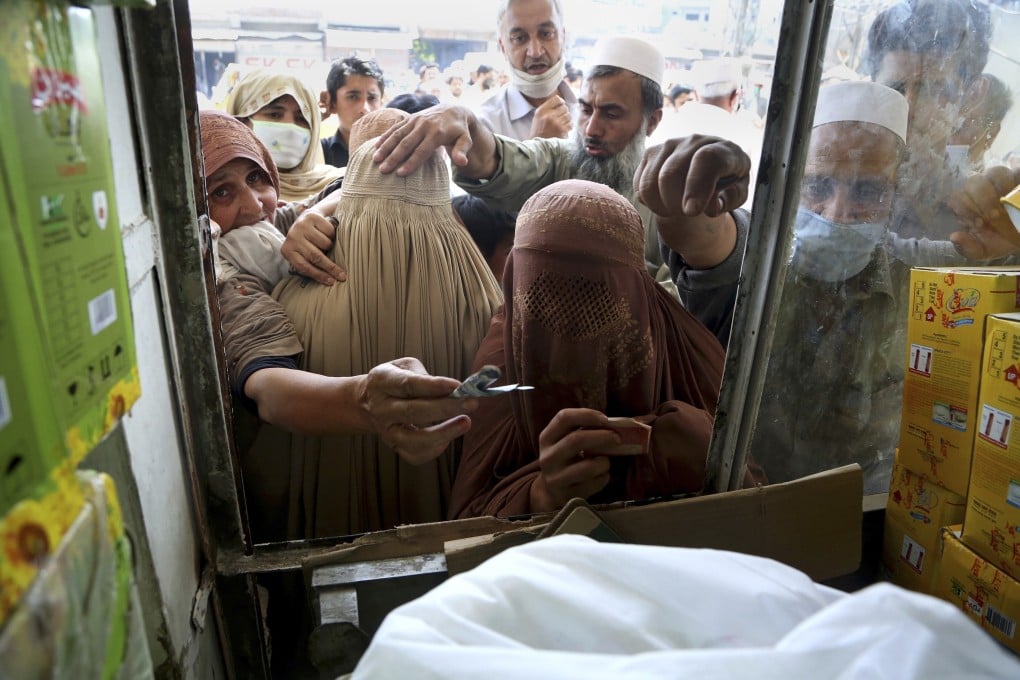Advertisement
Runaway inflation? It’s still too early to make that conclusion
- Commodities prices have surged and massive US stimulus is sparking concerns, but price rises are to be expected amid a recovery from the pandemic recession
- While it is right to be alert, there’s not enough evidence to conclude we’re on the cusp of runaway inflation
Reading Time:4 minutes
Why you can trust SCMP
0

I have been trying to get my head around inflation, after US markets shuddered last week following news that inflation is running at 4.2 per cent, its highest level since 2008. I feel uncomfortable that I am confused, but it seems I am in good company.
The story of almost all commodities in recent months is of breathtaking price jumps. Petrol prices – lifted by supply shortages after the hacker attack on Colonial Pipeline, which supplies the US east coast – have leapt by a third. Farm prices – led by higher prices for soybeans and corn – are expected to rise by 14 per cent this year over 2020. The World Bank says 80 per cent of commodities are now priced above pre-pandemic levels.
Cotton price hikes following Western boycotts on supplies from Xinjiang – one of the world’s leading suppliers – have forced up garment prices. Even microchips are in chronic short supply, hitting not just smartphone production, but the price of new cars, and all those white goods that nowadays have dozens of chips embedded in them.
That the US dollar has weakened so dramatically over the past year has made everything coming from countries using other currencies significantly more expensive.

03:46
Taiwan’s worst drought in decades adds pressure to global chip shortage
Taiwan’s worst drought in decades adds pressure to global chip shortage
But is this evidence of a powerful and long-term resurgence of inflation – which immediately puts all of us who lived through the inflation of the 1970s and 1980s in a sweat – or a temporary blip as we begin to emerge from the pandemic recession?
Advertisement
